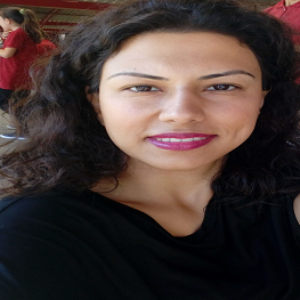Title : Children’s eye health protective behavior’s and vision screening approach
Abstract:
Approximately 285 million people worldwide are visually impaired. Of these people, 39 million are blind, and 246 million have a high loss of vision. Approximately 90% of visually impaired people live in developing countries. A global coalition of non-governmental organizations and the WHO has launched an initiative program Vision 2020: The right to sight. It has also been suggested that in addition to eye screening programs amidst elementary school students to detect refractive error, other disorders such as strabismus and color vision deficiency, which can also be accessed screened and evaluated, should be integrated into routine screening programs. Eye health promotion program-positively affected the eye health protective behaviors of the students living in a rural area in Turkey. The frequency of wearing glasses and having eye examinations, using sunglasses, along with the time spent outdoors were found to increase in the experimental group compared to the control group (P < 0.05). Another eye health behavior that needs to be improved among students is their near working behaviors. The literature indicates that activities such as studying, reading books, using the computer, and watching TV are regarded as near working behaviors. This reduces the time spent in near working activities, increases the visibility range of eyes, and helps prevent the development and progression of myopia in children. They also found that myopic children spent more time (4.2 h) indoors, and less time in outdoor activities (1.9 h) per week, than nonmyopic children. They indicated that the time spent outdoors has a protective effect in the prevention of myopia development. School health nurses can coordinate eye health protection and promotion programs using the educational materials and the education program included in this study, to help students acquire positive behaviors.
Take Away Notes:
• The importance of visual screening in children
• Eye health protection behaviors
• Research on this subject at advanced level



